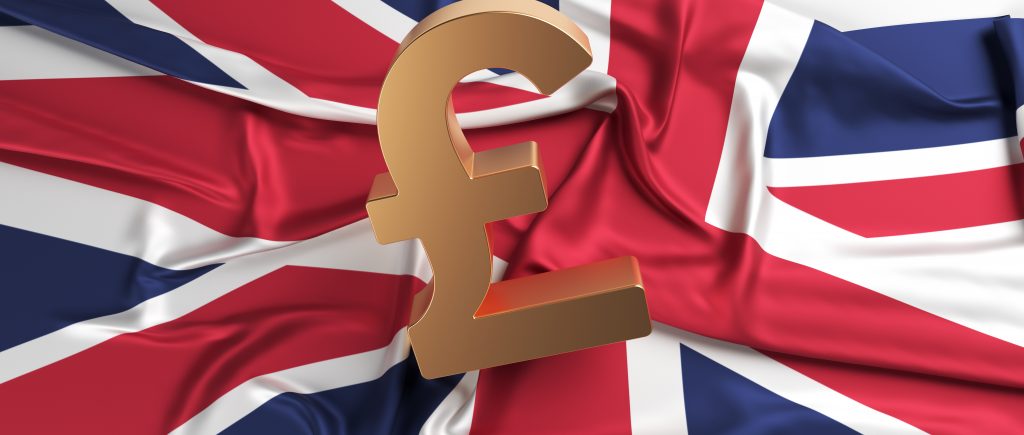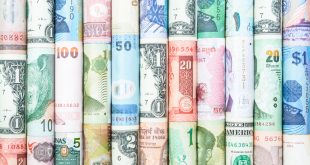The British Pound extended its gains amid prevalent positive risk appetite on Tuesday. The Pound Sterling climbed in the US session, though Fed’s hawkish commentary continued and policymakers expressed the likelihood of moderating the tightening cycle pace.
China’s Covid-19 outbreak constitutes another factor triggering investors’ fears, though some fears weakened as Wall Street is trading in the green territory after a successful attempt to avoid the impact of bad news. At the time of writing, the GBP/USD is trading at 1.1873, above its opening price (1.8214) by 0.40%.
On Monday, Fed’s Mary Daly said she is worried about overtightening, and expects rates initially at 5%, and from there, rates could go higher, guided by data. Fed’s Loretta Mester also noted that slowing the rate hiking pace next month is possible. Mester commented that pausing is not an option and agreed with Daly, expecting accumulate rates at around 5%.
The US Dollar Index (DXY), a gauge of the buck’s value against a basket of peers, drops 0.37%, down from 107.747 to 107.381, a tailwind for the Pound Sterling.
The ongoing Covid-19 crisis in China shifted market sentiment sour on Monday, though it waned, as Chinese authorities had not reimposed stricter lockdowns. Some of the newest measures suggested that some schools are back to online learning, while some districts in Beijing asked citizens to stay at home for at least five days.
In the UK, the sterling is underpinned by expectations that the central bank would raise borrowing costs as policymakers struggle in order to control 40-years high inflation. The autumn’s Budget presented by finance minister Jeremy Hunt was welcomed by investors, with some analysts saying that it is a deflationary budget.
The gloomy economic expectations in the UK favors further GBP/USD downtrend. Even though recession-linked concerns increased in the US, the interest rate differential between the Fe and the BoE would bolster the US Dollar, so the GBP/USD might be headed downwards.
The GBP/USD is consolidated around the 1.1800-1.1900 area after bouncing from weekly lows around 1.1750. In the European session, the GBP/USD hit a daily high above 1.1900, though it retreated on Federal Reserve’s hawkish commentary. Also, the Relative Strength Index is almost horizontal in bullish territory, meaning buying pressure is losing momentum.
If the GBP/USD clears 1.1900, the next resistance would be the November 17 high of 1.1957, followed by the 1.2000 psychological level. On the flip side, the GBP/USD first support would be 1.1800, followed by the last week’s low on November 17 low, 1.1762.

 Noor Trends News, Technical Analysis, Educational Tools and Recommendations
Noor Trends News, Technical Analysis, Educational Tools and Recommendations




